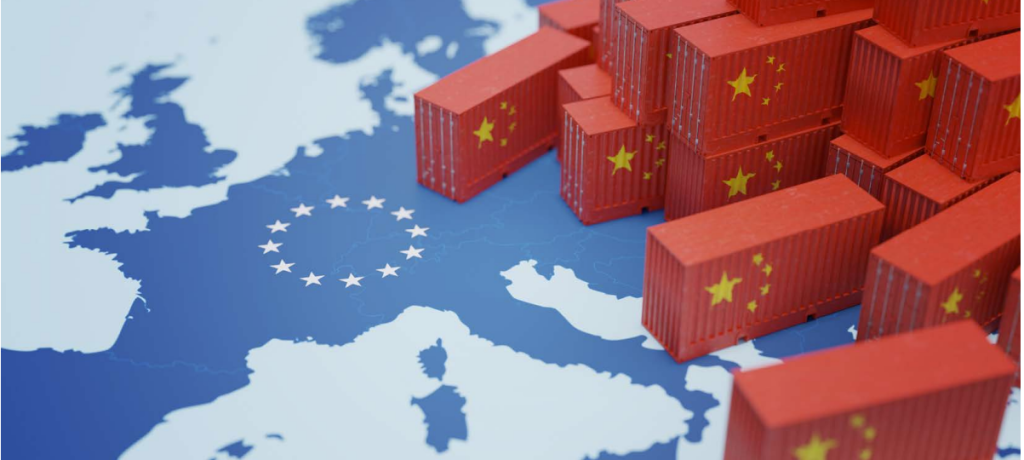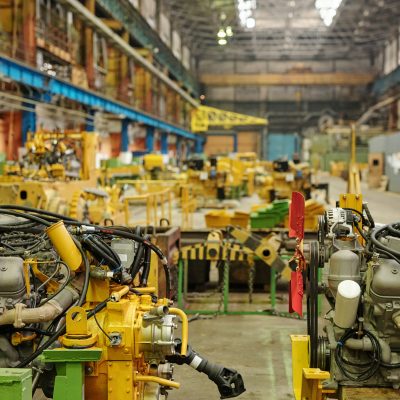Autonomie stratégique à l’ère du commerce post-covid

La résilience des chaînes d’approvisionnement est un élément clé de l’autonomie stratégique de l’Union européenne. Mais la stratégie à adopter pour réduire les dépendances critiques à des approvisionnement extérieurs continue de diviser les Etats membres. Non seulement l’évaluation des dépendances est un exercice complexe mais il y a des limites aux stratégies de diversification de l’approvisionnement ou de relocalisation de la production. Dans le nouveau contexte géopolitique d’une rivalité croissante entre les États-Unis et la Chine, le risque de rupture d’approvisionnement révélé par la pandémie appelle une approche systémique de la résilience des chaînes d’approvisionnement qui, au-delà de l’approvisionnement immédiat, tienne compte de tous les niveaux de sous-traitance. Cela exige une coordination étroite entre les entreprises et l’État/institutions européennes. Au-delà de la position traditionnelle des États membres en faveur du libre marché ou de plus d’intervention publique, une approche pragmatique plaide pour une politique commerciale qui vise moins à protéger les industries nationales de la concurrence étrangère qu’à appliquer des mesures de précaution aux industries stratégiques pour prévenir toute pénurie d’approvisionnement des populations.





